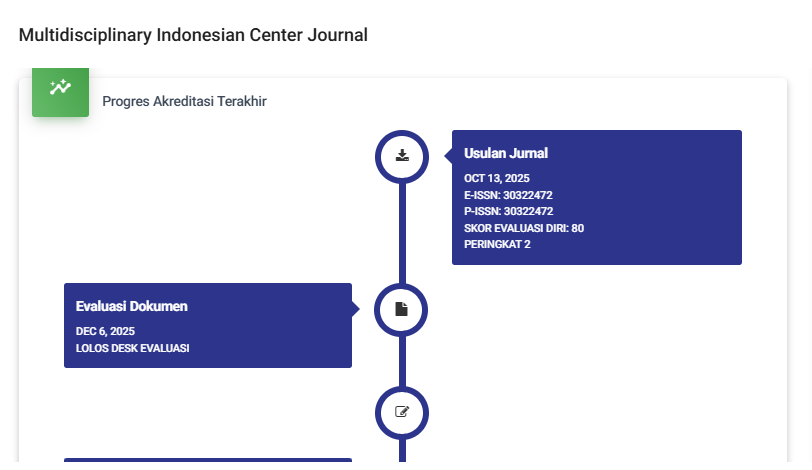SMART TOURISM AND VISITOR DECISION-MAKING: AN EMPIRICAL STUDY ON MOBILE APPLICATION USE AT MANGKUNEGARAN PALACE
DOI:
https://doi.org/10.62567/micjo.v2i3.1003Keywords:
Smart Tourism, Mobile Application, Visit Decision, Cultural Tourism, Mangkunegaran PalaceAbstract
This study aims to determine the influence of smart tourism features in a mobile application on tourists’ decision to visit Pura Mangkunegaran Surakarta. Using a quantitative approach, the research tested four main smart tourism features: (1) Historical Information, (2) Cultural Gallery, (3) Cultural Events and News, and (4) Educational and Interactive Features. The study used a multiple linear regression method with data collected from 96 domestic respondents. The results show that all four smart tourism features simultaneously and partially have a significant effect on the decision to visit. The most influential features are Historical Information and Educational-Interactive content. These results emphasize the importance of digital platforms in promoting and preserving cultural tourism through smart technologies.
Downloads
References
Achmadi, A., Purnamasari, D., & Rahardjo, R. (2024). Digital literacy and the perception of manual booking systems in tourism. Journal of Tourism Technology Studies, 6(1), 35–48.
Buhalis, D., & Amaranggana, A. (2014). Smart tourism destinations. In Z. Xiang & I. Tussyadiah (Eds.), Information and Communication Technologies in Tourism 2014 (pp. 553–564). Springer. https://doi.org/10.1007/978-3-319-03973-2_40
Fitria, W. (2023). The influence of smart tourism technology on tourist happiness through travel experience satisfaction: A survey of Indonesian tourists visiting Yogyakarta City. Journal of Smart Tourism Research, 5(2), 22–35.
Gretzel, U., Sigala, M., Xiang, Z., & Koo, C. (2015). Smart tourism: Foundations and developments. Electronic Markets, 25(3), 179–188. https://doi.org/10.1007/s12525-015-0196-8
Neuhofer, B., Buhalis, D., & Ladkin, A. (2015). Smart technologies for personalized experiences: A case study in the hospitality domain. Electronic Markets, 25(3), 243–254. https://doi.org/10.1007/s12525-015-0182-1
Nindyati, D. (2023). The urgency of implementing smart tourism for the advancement of Indonesian tourism. Tourism and Innovation Journal, 4(1), 55–66.
Pantiyasa, I. K. (2017). Strategic analysis of the smart tourism concept in Indonesian tourism. Indonesian Journal of Tourism Strategy, 3(1), 10–25.
Salsabila, R. (2023). Development of the smart tourism concept based on changes in tourist behavior post-COVID-19 pandemic in Yogyakarta City. Journal of Contemporary Tourism, 2(4), 78–89.
Setiawan, D. (2024). Smart tourism: Blockchain, artificial intelligence, and internet of things implementation in the tourism industry 5.0. Journal of Digital Economy and Tourism, 6(1), 15–32.
UNWTO. (2022). Digital transformations in tourism: Key trends and developments. World Tourism Organization. https://www.unwto.org
Downloads
Published
How to Cite
Issue
Section
License
Copyright (c) 2025 Debora Shinta Dewi, Nining Yuniati, Moch Nur Syamsu, Agung Yuliyanto Nugroho

This work is licensed under a Creative Commons Attribution-ShareAlike 4.0 International License.



























